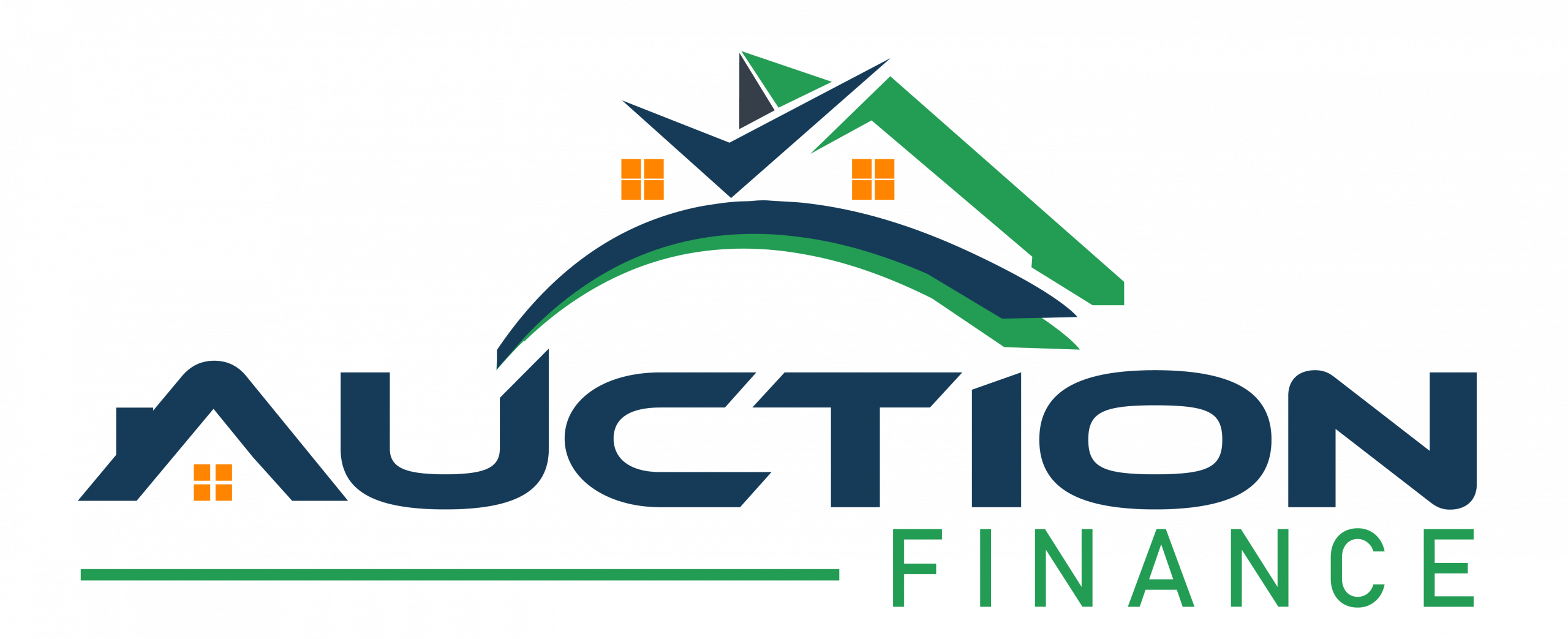The Bank of England’s interest rate rises left many homeowners wondering how it will affect their mortgage repayments. Whether you’re on a fixed, tracker, or variable-rate mortgage, an increase in the base rate could mean higher monthly costs.
Understanding how these changes work is crucial, especially if you’re nearing the end of a fixed-rate deal or considering remortgaging. In this blog, we’ll break down what the interest rate rise means for your mortgage, how it might impact your finances, and what steps you can take to protect your budget.
<br><br>
Ready to find out how much the interest rate rise will affect your mortgage? Let’s dive in.
What Are Mortgage Interest Rates and How Do They Work?
Mortgage interest rates are the charges that lenders apply to the amount you borrow when buying a home. These rates can be fixed, variable, or tracker-based, and they determine how much you’ll pay on top of your principal loan amount over time.
The Bank of England’s base rate plays a significant role in setting these rates. The base rate is essentially the interest rate at which the Bank of England lends to commercial banks, and it influences the rates that banks and lenders offer to consumers
Currently, the base rate sits at 4.75% (as of January 2025), and as this rate changes, it often leads to adjustments in the interest rates lenders offer to mortgage customers.
The three main types of mortgage interest rates include:
1. Fixed-rate Mortgages
A fixed-rate mortgage offers stability because the interest rate remains the same for a set period (usually between two and five years, though some terms can be longer). This type of mortgage is perfect if you prefer predictable monthly repayments, especially during periods of economic uncertainty or rising rates. However, once the fixed term ends, you’ll likely switch to your lender’s standard variable rate (SVR), which could increase if rates rise.
2. Variable-rate Mortgages
Variable-rate mortgages are linked to your lender’s SVR, which can change at any time, depending on market conditions and the Bank of England’s base rate. If the base rate rises, your monthly payments will increase accordingly. These mortgages tend to be more flexible, but they come with the risk of sudden changes in repayment amounts.
3. Tracker-rate Mortgages
Tracker mortgages are linked directly to the Bank of England base rate, often with a few percentage points added. For instance, if the base rate is 4.75%, and your tracker rate is set at 1% above that, your mortgage rate would be 5.75%. If the base rate increases, so will your mortgage payments, sometimes by the exact same amount. Tracker rates can be beneficial when rates are low, but they expose you to fluctuations when rates rise.
Why Are Mortgage Rates So High and When Will They Fall?
In recent years, interest rates have been on the rise. For much of the past decade, rates were historically low, allowing homeowners to secure cheap mortgages. However, soaring inflation—partly caused by factors like rising energy costs and global supply chain disruptions—has forced the Bank of England to hike rates in an attempt to control inflation.
As of now, interest rates are at 4.75%, the highest they’ve been in recent years. While this may seem high, it’s important to remember that rates are still relatively low by historical standards. However, high rates still mean higher costs for mortgage holders, especially those on variable or tracker-rate deals.
As for when rates will fall, the Bank of England has signalled caution. After raising rates to combat inflation, the bank has started to reduce rates in 2024, although the pace of reductions is expected to be gradual.
According to the Bank, they’re being careful not to cut rates too quickly, as doing so might risk reigniting inflation. So, while rates may fall further in the future, there’s no certainty about when or by how much.
How Will the Interest Rate Rise Affect Your Mortgage Payments?
For those on fixed-rate mortgages, the immediate impact of an interest rate rise will be minimal. This is because your interest rate is locked in for the duration of your term, providing some breathing room during times of rate hikes. However, once your fixed-rate period ends, you’ll revert to the lender’s standard variable rate (SVR), which could have risen alongside the base rate. If this happens, your repayments could go up significantly, so it’s important to plan ahead.
For homeowners on variable-rate mortgages or tracker-rate mortgages, the situation is different. As the base rate increases, so will your monthly payments, often almost immediately.
For example, if you have a tracker mortgage and the Bank of England increases the base rate by 0.25%, your mortgage rate will likely rise by the same amount, which means your monthly payments could increase.
How much will the interest rate rise affect my mortgage? To illustrate, here’s a breakdown of how much more you might pay if your mortgage rate increases:
| Mortgage Balance | 2% Mortgage Rate | 4% Mortgage Rate | 6% Mortgage Rate |
| £100,000 | £424 | £528 | £644 |
| £200,000 | £848 | £1,055 | £1,289 |
| £300,000 | £1,272 | £1,583 | £1,933 |
| £400,000 | £1,696 | £2,110 | £2,578 |
As the example shows, even a small increase in your mortgage rate can make a significant difference in your monthly outgoings. For some homeowners, this could mean several hundred pounds extra every month, which can have a huge impact on their monthly budget.
If you’re worried about rising rates, it’s essential to start planning ahead. Consider speaking to a mortgage advisor who can help you explore options like remortgaging to secure a better deal or switching to a fixed-rate mortgage before rates rise further.
Should You Remortgage Now or Wait?
The question of whether to remortgage now or wait is a common one during periods of rising interest rates. While it may be tempting to hold off in the hope that rates will eventually fall, securing a new deal before rates climb further might save you money in the long run.
If you’re on a fixed-rate mortgage and nearing the end of your term, now could be the right time to remortgage before your deal switches to a potentially higher SVR. This is especially true if you’re currently on a low fixed rate and fear that the SVR may rise substantially after your term ends.
However, if you’re in the middle of a fixed-rate term, remortgaging early may come with early repayment charges, which could outweigh the savings you’d make from a new deal. It’s important to weigh these charges against any potential increase in your repayments due to rising rates.
What’s the best move? Speak to a mortgage advisor to get personalised advice based on your situation. Remortgaging can help you lock in a better deal or at least give you more certainty during uncertain times. But don’t wait too long; interest rates could climb further, making it more expensive to make the switch later on.
What’s the best move? Speak to a mortgage advisor to get personalised advice based on your situation. Remortgaging can help you lock in a better deal or at least give you more certainty during uncertain times. But don’t wait too long; interest rates could climb further, making it more expensive to make the switch later on.
Special Considerations – Buying at Auction and Auction Mortgages
If you’re looking to buy a property at auction, the rise in interest rates may have an added layer of complexity. Auction mortgages work differently to standard home loans, and it’s important to understand how an interest rate increase could affect you.
Buying at Auction Mortgage
When you buy a property at auction, you’ll typically need to secure a mortgage offer in advance or have the funds ready, as you’ll be required to complete the purchase quickly (often within 28 days).
With mortgage interest rates climbing, the cost of borrowing could be higher than you initially expected, affecting your overall budget. Whether you’re bidding for a buy-to-let property or your next home, understanding how the interest rate rise impacts your financing is crucial.
If you’re using a specialist auction mortgage, these loans often come with higher interest rates to reflect the increased risk involved. However, with base rates rising, these loans could become even more expensive.
If you’re relying on a variable or tracker mortgage for your auction purchase, you’ll need to factor in the higher monthly payments that are likely to come with each rate rise.
On the other hand, if you’re already on a fixed-rate deal for a mortgage you intend to use at auction, your payments will remain predictable until your term ends. That said, once your fixed rate expires, you’ll likely switch to a standard variable rate (SVR), and if base rates continue to rise, so will your payments.
It’s important to keep this in mind when setting your maximum bid at auction and ensuring you have the financial flexibility to cover any future increases in costs.
Other Factors to Consider During Interest Rate Rises
How Will Interest Rates Affect Inflation?
Interest rate rises aren’t just about mortgages. They’re a key tool in the Bank of England’s effort to control inflation. Inflation, particularly from rising energy costs and supply chain disruptions, has been a significant concern over the past few years.
When the Bank of England increases interest rates, it becomes more expensive to borrow money, which reduces consumer spending and helps to curb inflation.<br><br>
However, while this is effective in controlling inflation in the long term, it can cause short-term financial strain on homeowners. Higher mortgage payments, combined with inflation, could mean that households have less disposable income for other essentials.
This is particularly concerning if you’re on a tight budget or rely on variable-rate mortgages, where the payment increases are tied directly to the base rate.
Why Are Mortgage Rates So High?
As we mentioned earlier, the primary reason for higher mortgage rates in the UK is the Bank of England’s response to high inflation. In the past few years, inflation has surged due to various factors, including soaring energy costs and global events like the war in Ukraine.
In an attempt to control inflation, the Bank has steadily raised the base rate from historic lows. These base rate increases ripple through the economy, pushing up mortgage rates.
While rates are still below historical highs, the sudden rise from record-low levels has left many homeowners grappling with increased repayments. If you’re considering buying a new home or remortgaging, it’s important to understand that these higher rates are unlikely to return to the levels seen in the last decade, at least not in the immediate future.
How Do People Pay Mortgages?
When facing higher mortgage payments, you may wonder how other homeowners are managing their mortgages in such a climate. Here are some common strategies:
Overpaying on the Mortgage
If you have the flexibility, overpaying on your mortgage can reduce the overall interest you’ll pay in the long run, especially if you’re on a tracker or variable-rate mortgage. Even small overpayments can help you reduce the principal balance, meaning you’ll pay less interest when rates rise.
Switching to a Fixed-rate Mortgage
If you’re on a variable or tracker rate mortgage, switching to a fixed-rate deal can provide certainty and protection against future interest rate rises. While fixed rates may be higher now than they were during the low-rate era, locking in a fixed rate now could still save you money compared to the uncertainty of variable-rate payments.
Refinancing or Remortgaging
Some homeowners are opting to remortgage to a more favourable deal when their current fixed-rate period expires, especially if they’re currently on a higher standard variable rate (SVR). By remortgaging, you might secure a better rate that can help offset rising costs.
However, it’s important to weigh this option carefully, as early repayment charges and associated fees could be a factor in whether remortgaging makes financial sense.
Budget Adjustments
For some homeowners, the increase in mortgage repayments means making lifestyle changes. Cutting back on non-essential spending, seeking additional sources of income, or consolidating debt can help ease the strain of rising mortgage payments.
What Can You Do to Prepare for Rising Rates?
With the recent rise in interest rates, it’s more important than ever to prepare for higher mortgage repayments. Here are some steps you can take to ensure you’re financially ready:
Review Your Mortgage Deal
Start by reviewing your current mortgage deal to understand how a rate rise could affect your monthly payments. If you’re on a variable or tracker mortgage, now might be a good time to explore fixed-rate mortgage options to lock in a more predictable repayment amount.
Use a Mortgage Calculator
A mortgage calculator can help you estimate how an interest rate rise will impact your payments. This will give you a clearer picture of what to expect and help you budget accordingly.
Plan for Budget Adjustments
Review your budget and make necessary adjustments to ensure you can manage any increase in mortgage repayments. Consider setting aside extra savings in case rates rise further.
Speak to a Mortgage Advisor
If you’re unsure about how the interest rate rise will affect you, it’s always a good idea to speak to a mortgage advisor. They can help you navigate the options available to you, whether that’s remortgaging, locking in a fixed rate, or exploring other alternatives.
Summing Up
The rise in interest rates may have caught many homeowners off guard, but with the right planning and preparation, you can manage the impact on your mortgage. Whether you’re currently on a fixed, variable, or tracker mortgage, understanding how rate increases affect you is the first step in ensuring your financial security.
If you’re worried about higher repayments, consider speaking to a mortgage advisor to explore your options. By planning ahead and taking the right steps, you can protect your home and budget from the effects of rising rates.






